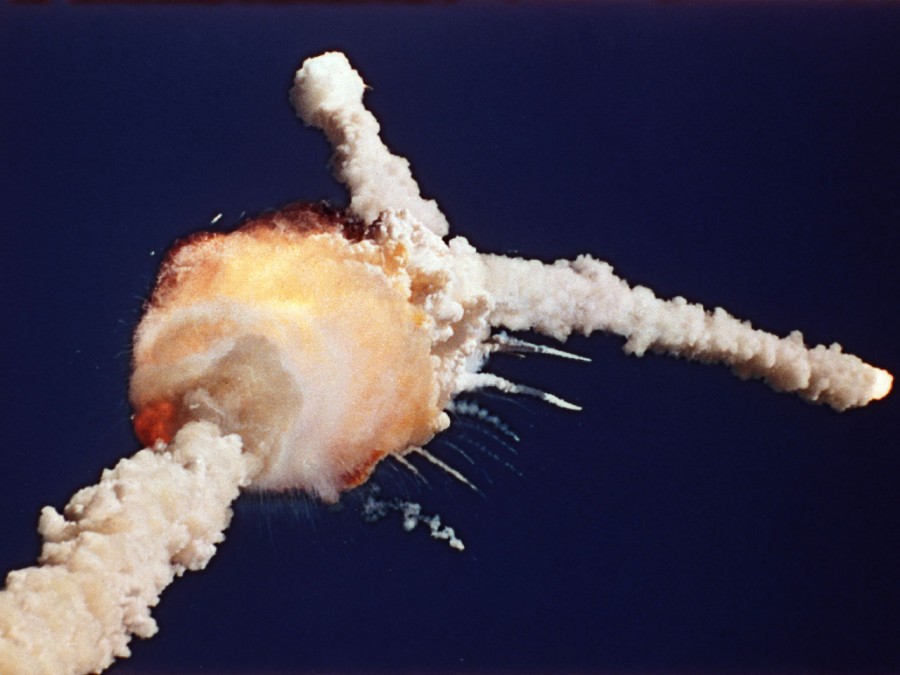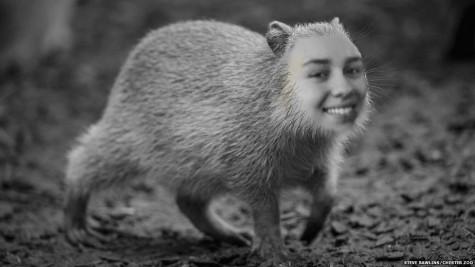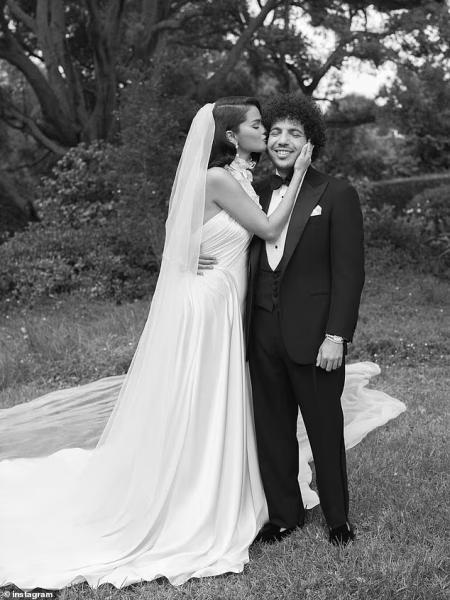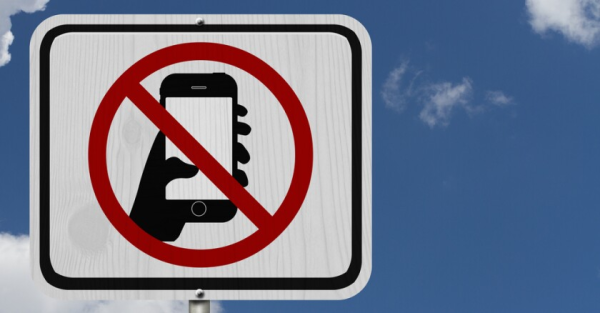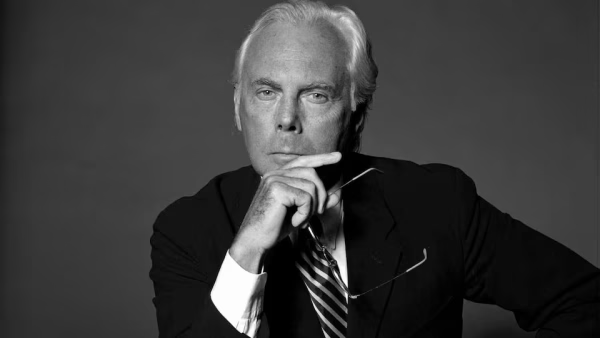The Challenger Tragedy: 30 Years Later
On January 28th, 1986, NASA’s Challenger space shuttle was torn apart seventy-three seconds into its flight, killing its seven crew members. The accident, attributed to the failure of an O-ring on the vehicle’s right rocket booster, garnered heavy criticism for NASA and resulted in the space shuttle program’s 32-month-long hiatus from 1986-1988.
One of the seven crew members killed in the accident, Christa McAuliffe, was a high school social studies teacher who won a nationwide contest to become the “first teacher in space.” McAuliffe’s participation meant the event was widely covered by the media, and thousands of schools across the United States broadcasted footage of the launch into their classrooms.
To commemorate the Challenger disaster’s 30th anniversary, four BHS teachers who witnessed the tragedy through live broadcast have shared their memories with The Eagle’s Cry.
Mr Lynch:
“I was home sick from school that day, and I saw the launch from home. I was flipping through the channels between the launch and 2001: A Space Odyssey. I changed the channel to the movie, and when I switched it back, the space shuttle was in pieces. It was one of the first major events I remember.”
Mr. Como:
“We had a teacher in my district, Dr. Ederle, who followed every NASA launch, so my school was very aware of the launches. It was definitely an emotional blow, and we were glued to the coverage for days.”
Mr. Malossi:
“I remember the TV in my first grade classroom, which had never been used before in my young memory, firing up, the grainy picture, the teacher telling us all about the teacher on board, Christa McAuliffe. We had a poster of her in the classroom for weeks beforehand. We were all so excited. We counted down together as a class.
“Then, something went wrong, it was clear, and the teacher shut the TV and went out in the hallway for a minute…I think she was crying a little. She was a very mean old woman and I had no idea what was happening. But now I realize she was very upset, and she came back in to tell us that sometimes things go wrong in space exploration, that it was a very dangerous job. And that the spaceship had a problem. Then I remember my dad watching Reagan’s famous speech, and I understood very little of that.”
Mr. Zabell:
“I was in 6th grade, and my school pulled all of the classes into the cafeteria to watch the launch. I’ll never forget the image of the shuttle falling in pieces against the blue sky. It was a nightmare. As a science fiction fan and someone who has always been interested in astronomy and space exploration, I was really distraught.
“I also remember that when I went to CMU, there was a dorm named after Judith Resnik, one of the astronauts who died in the accident. The Challenger disaster was the beginning of the end of the space program for a very long time. It’s only just beginning to pick up again, and the future is starting to look brighter now that private companies like SpaceX are taking the lead in developing new space technologies.”

